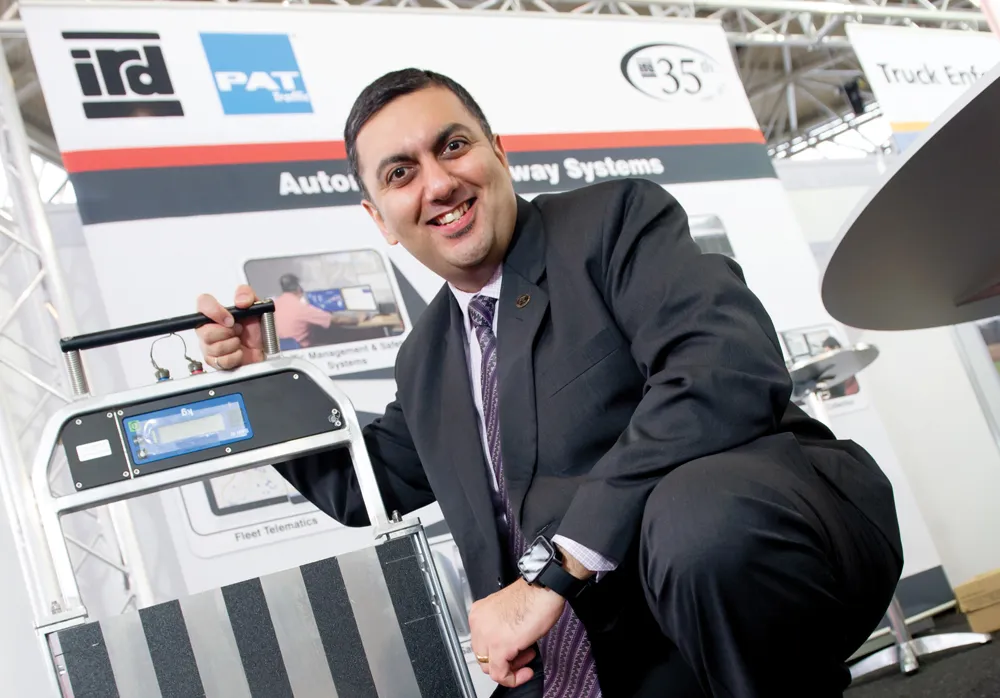Optotraffic has entered into a contract with Chesapeake Beach, Maryland, to provide a complete automated speed enforcement programme in a school zone on state highway 261. Town officials say they are responding to a long-standing issue of speeding in the resort town. “We selected Optotraffic because it is a well known Maryland company that uses an innovative technology, capable of enforcing in two directions simultaneously with only one piece of equipment,” said James L. Parent Jr., town administrator.
April 20, 2012
Read time: 1 min
RSSOptotraffic has entered into a contract with Chesapeake Beach, Maryland, to provide a complete automated speed enforcement programme in a school zone on state highway 261. Town officials say they are responding to a long-standing issue of speeding in the resort town. “We selected Optotraffic because it is a well known Maryland company that uses an innovative technology, capable of enforcing in two directions simultaneously with only one piece of equipment,” said James L. Parent Jr., town administrator.
According to Optotraffic, its systems have so far been deployed in 15 other jurisdictions
According to Optotraffic, its systems have so far been deployed in 15 other jurisdictions









